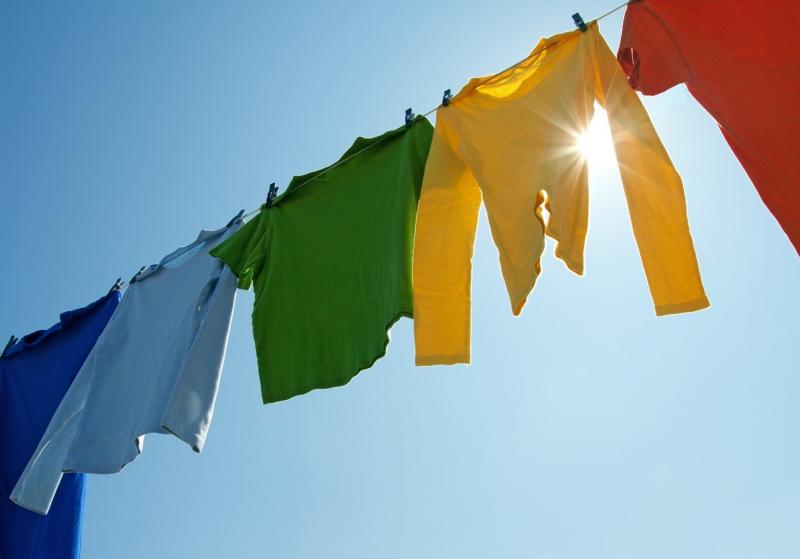While the weather conditions that lead to the formation of fog are usually quite benign, fog itself can be very disruptive. In particular the aviation and marine industries are often interested in how fog or mist will affect the visibility for their journeys, though fog also affects road-users.
Am I at risk of experiencing a thunderstorm?
Whether you actively seek the thrill of a good lightning storm or you need to make sure your nervous dog is inside in your protective arms when a thunderstorm hits, MetService has got your back.
Forecasts in retrospect: A history of Numerical Weather Prediction
As weather forecasters, here at MetService we spend a lot of our time poring through data: data from weather stations, data from satellites and radar, from weather balloons and also webcams. This information is all useful for understanding what the weather is doing right now – but how do we know what might happen in the future? Understanding the current weather helps us understand what might come next, but information from numerical weather models also plays a very important part.
Skin Cancer – Spot it, Stop it
A guest blog from the Health Promotion Agency.
Here’s a new year’s resolution – get into the habit of regularly self-checking your own skin for different looking moles or freckles. Early detection can increase your chance of successful treatment.
What is a heat wave?
You’ve probably heard the phrase ‘heat wave’ bandied about in the news, and perhaps wondered what exactly it means. Does one hot day constitute a heat wave? And how hot is hot? Does New Zealand really get that many heat waves? If you’ve ever found yourself wondering about these things, then look no further!
The science of drying - how to be a clothes line ninja
Hanging washing on the line may not be the most life-dependant use of MetService forecasts when compared to farming, electricity generation or adventuring into the mountains. However, significantly more of us do it, and the environmental, economic and health benefits add up. Clothes line and weather forecast users have every right to be proud of their skill and bravery in drying clothes outside in New Zealand’s changeable weather.

The roll, the chop and the rogue wave
To mark Safer Boating Week, we thought we'd dive in and help boaties work out what sea conditions to expect when they see both sea state and swell mentioned in our coastal and recreational marine forecasts. To get you in the mood, let's talk about various states of discomfort that can be found on a boat.
Vanuatu’s Volcanoes
In recent years the islands of Vanuatu have been showing signs of increased volcanic activity. The New Zealand Metservice plays an important role in the monitoring of these volcanoes, as they are the Volcanic Ash Advisory Centre (VAAC Wellington) for the region, one of only 9 centres around the world as shown in the map below.
Mastering the weather
During the month of August 2017, our forecast room meteorologists had some visitors. The trainee meteorologists at that time were sitting in on some shifts to get a feel for what real-time forecasting is like day to day. This was part of their training, which began in January 2017, and finished early in 2018.
Cliff Whiting in memoriam and the story of 'Tāwhirimātea and children'
On Sunday, 16 July 2017, artist and master carver Dr Clifford (Cliff) Hamilton Whiting of Te Whanau-a-Apanui (ONZ) passed away at the age of 81.